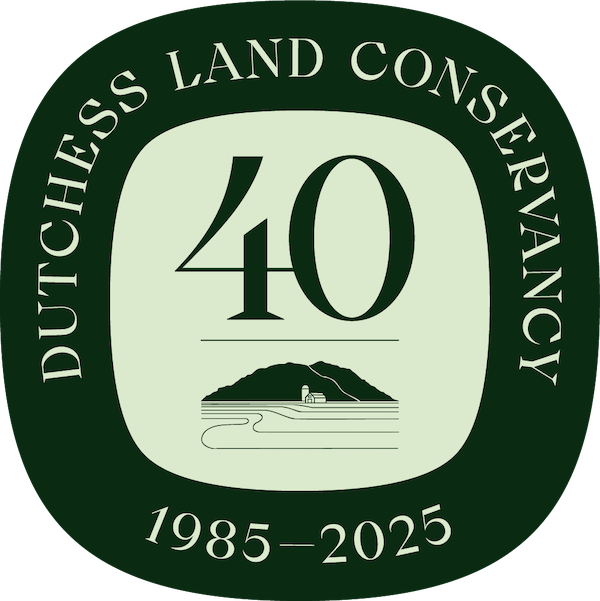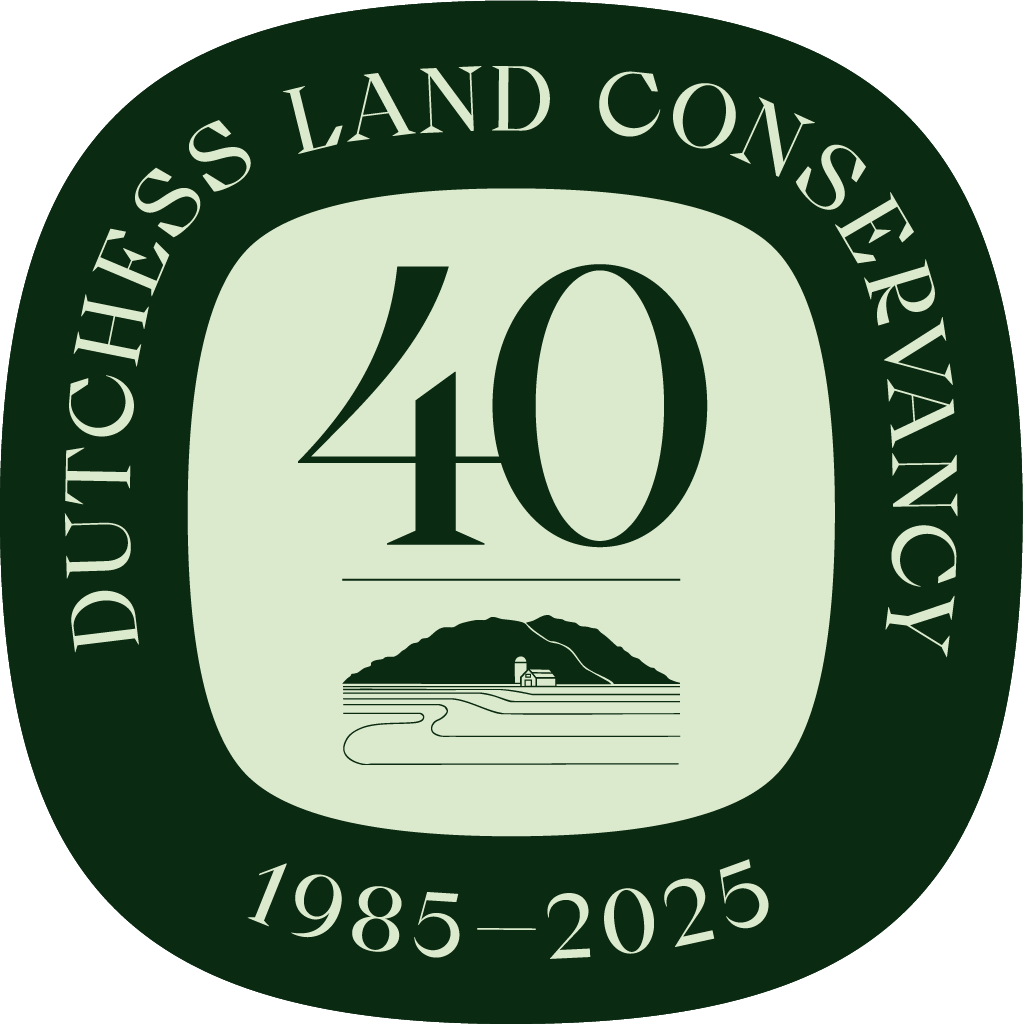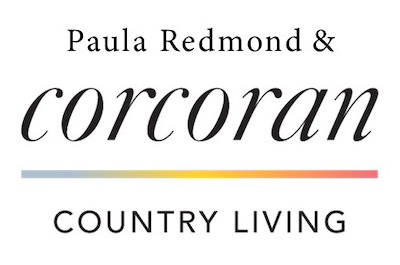Community and Landowner Benefits
The benefits are numerous when land is protected. The landowner has a say in the future of their property. People like to buy land in areas where they are ensured that the character, resources and scenic qualities are protected. Land protection helps to safeguard the rural quality of an area keeping it similar to how it exists today, and provides fertile farmland, preserved forests, clean water resources, and protected scenic views for our future generations. And, as one easement donor noted, “Placing easements helps ensure that what we value, what attracted many people to the area both recently and decades past, what long-term residents have appreciated, will remain for generations to come.”After the DLC’s Founding Board Chair, Leslie Barclay, protected her land back in 1985 with the DLC’s first conservation easement, Chauncey Stillman, the then owner of Wethersfield Farm said, “If we follow Leslie Barclay’s fine example and dedicate ourselves to the long-term stewardship of this marvelous countryside, we will not only do a service to ourselves and each other, but to future generations.”
Landowner Incentives
Both the Federal government and New York State have policies that encourage landowners to donate conservation easements to protect their land. In return for conserving land that provides a public benefit, the landowner may qualify for a Federal and State income tax deduction and/or the New York State Conservation Easement Tax Credit. Landowners who have donated conservation easements on their land may also benefit from reduced estate taxes.Federal and State Income Tax Benefits
The donation of a “qualified” conservation easement to a “qualified” organization or agency (such as the DLC) is considered a charitable gift by the IRS and may be taken as a federal and state income tax deduction. The amount of the gift is determined by a qualified appraiser.New York State Conservation Easement Tax Credit
Property owners with a qualified (donated or partially donated) permanent conservation easement on their land can get an annual, refundable State income tax credit equal to 25% of the combined town, county, and school taxes paid on their land (exclusive of buildings and structures) each year once they protect their land. This credit is capped at $5,000 per year, and is transferable to the next landowner.Estate Tax Benefits
Conservation easements can be utilized to reduce the fair market value of a property by restricting the amount and type of development that may occur. This reduction in the fair market value of the property also reduces the value of the estate for estate tax purposes. This in turn may lower or eliminate the estate taxes on a property and allow land to remain in the family rather than being sold to pay estate taxes. These are especially relevant incentives for farmers and landowners that are “land rich” and “cash poor.”If you are interested in learning more about Tax Incentives, please contact us at (845) 677-3002.
This information does not constitute legal or tax advice and DLC strongly recommends that you discuss your land conservation options with legal and tax professionals.


 © Dutchess Land Conservancy. All Rights Reserved.
© Dutchess Land Conservancy. All Rights Reserved.








